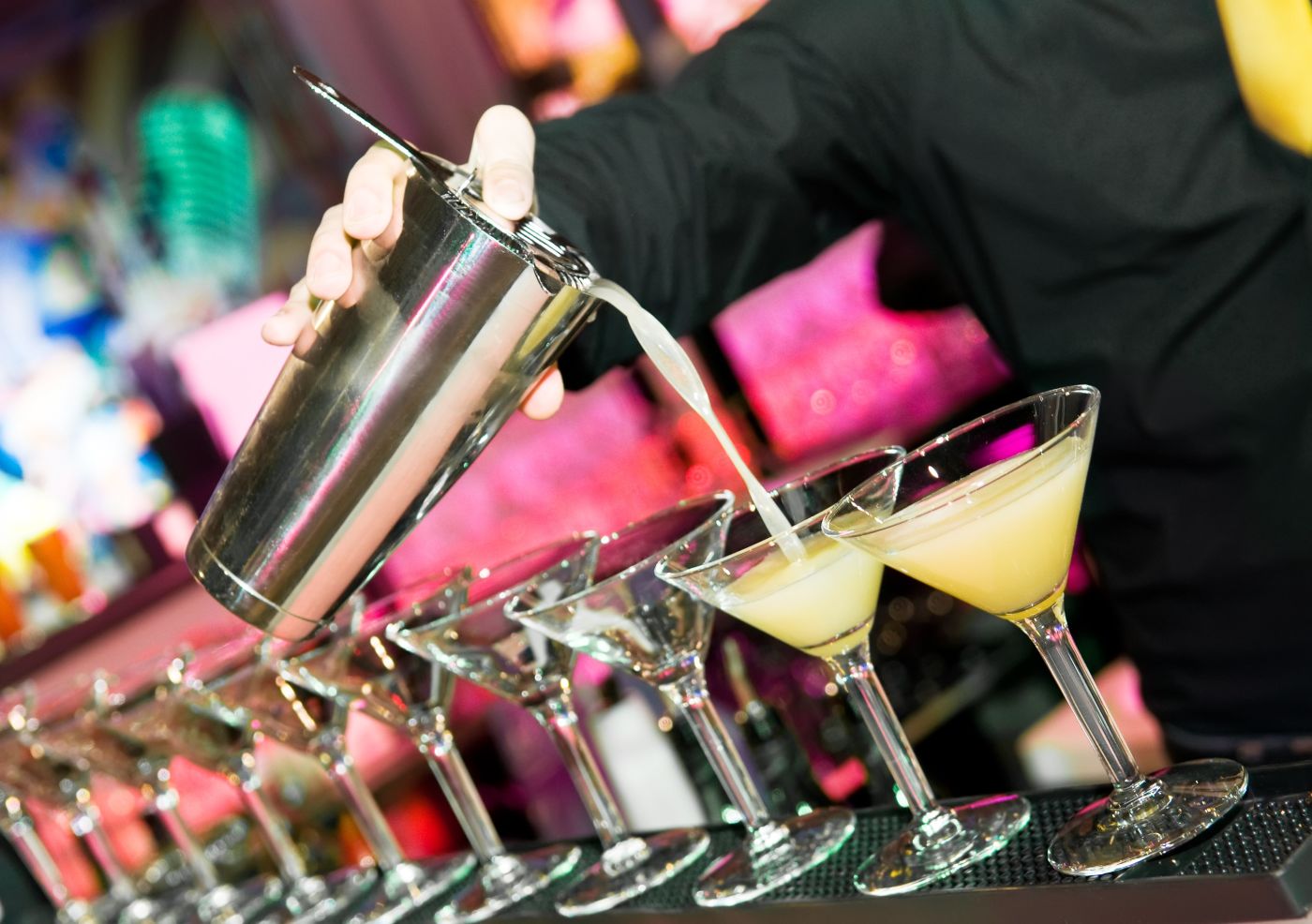
COLORADO DUIS NOT DOWN IN 2020
Quite a Year
As a tumultuous year draws to an end, crime statistics emerge that may shed light on what is to come in the months ahead. Because perhaps the majority of the cases we take on at our Denver firm involve charges of driving under the influence of drugs or alcohol (DUI), trends in that category of crime are of special interest to us. Here are some noteworthy DUI patterns we’ve come across from Colorado in 2020, each of them, like almost every other aspect of our lives, bearing the mark of the COVID pandemic to one extent or another.
What's Happening with DUIs?
Far from disappearing with the closure of bars and restaurants and with restrictions on social gatherings, DUIs in 2020 have been charged at about the normal rate, and DUI fatalities have actually increased. Colorado State Patrol reports that from January to May, a period that would include the stay-at-home order issued during the coronavirus spike in April, they saw twice the driving deaths attributable to impairment that they saw in that period during 2019. With everyone cooped up at home, what would possibly generate this increase? The answer may be in the question. People tend not to behave best when isolated, when confined, or when they aren’t able to keep busy, and a lockdown during a pandemic can create all these conditions at once, not to mention general existential anxiety. Under the weight of such discomforts the numbing effect of drugs and alcohol is probably unusually attractive to people. Data from the alcohol industry show that sales not tied to hospitality businesses have gone up a whopping 24% in 2020, and spirits with higher alcohol content have sold even better, at 27% over normal. This in itself may not support the hypothesis that people are drinking more during the pandemic than they were before—maybe people have just replaced, one-to-one, their restaurant intake with drinks at home—but it certainly doesn’t discredit that hypothesis either.
Regardless, people appear to be making about as often as always the inadvisable choice to drive impaired, even if it’s just to get home from a friend’s house rather than from the bar. Reduced traffic, meanwhile, might allow them to drive faster than they would otherwise, and this might be a reason for the increase in fatalities: if you’ve got people perhaps more impaired than average, driving faster than average, you would expect the average severity of the accidents they’re involved in to rise and more deaths to occur.
Looking Forward
What will next year bring? Could the introduction of a vaccine, or mere habituation to our new routines, reverse COVID-driven changes in DUI? Will DUI become even more frequent? At this point both possibilities seem equally plausible, but what we can say for sure is that you have better options than driving under the influence. Waiting for an Uber doesn’t seem so bad when you compare it to waiting overnight to get out of jail, and the price of an Uber doesn’t seem bad next to all the money a DUI conviction would end up costing you. But of course, none of that is useful to you if you didn’t have a reason to think about it until you were charged with DUI. If you find yourself in that unfortunate position, what would be useful is a consultation with an attorney who knows these cases. Give us a call, we can help.
